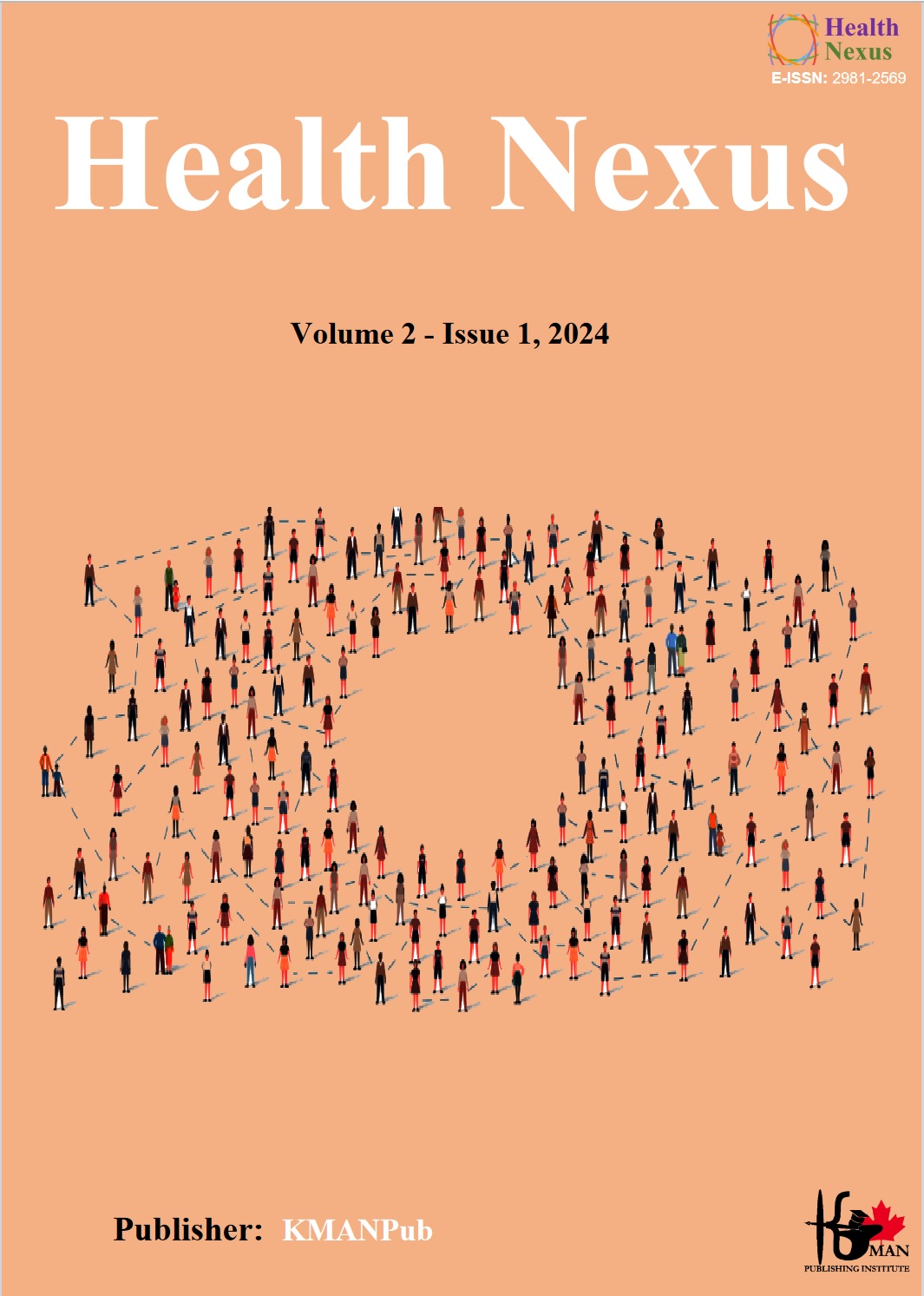Developing a Causal Model of Self-Care Behaviors Based on Self-Compassion with Psychological Distress Mediation in Women and Men with Type 2 Diabetes
Abstract
Type 2 diabetes mellitus is a common disease of the endocrine glands characterized by chronic hyperglycemia due to disturbances in insulin secretion and function. The metabolic complications of this disease lead to an increased burden of disease in society, and patients require lifelong special self-care behaviors. Psychological factors play a significant role in adherence to self-care programs and treatment outcomes in patients with type 2 diabetes. The present study was conducted with the aim of "developing a causal model of self-care behaviors based on self-compassion with psychological distress mediation in women and men with type 2 diabetes." This study was applied in objective, quantitative in data type, survey in data collection method, and descriptive-analytical based on correlation analysis in analysis type. The study population consisted of individuals aged 40 to 60 years with type 2 diabetes in Tehran, from whom 640 participants were selected using convenience sampling. Data collection tools were the Self-Compassion Scale (Neff, 2003), the Psychological Distress Scale (Kessler et al., 2003), and the Self-Care Behaviors Scale (Toobert & Glasgow, 2000). Data were analyzed using structural equation modeling and the software SPSS26 and Smart PLS 3.2. The results showed that all model fit indices were within acceptable limits (GOF for men = 0.725 and for women = 0.733), indicating the model's adequate fit with the data. Both direct and indirect effects of self-compassion with psychological distress as a partial mediator on self-care behaviors were confirmed (P < 0.01). The moderating role of gender in the relationship between self-care behaviors and self-compassion with psychological distress mediation was confirmed (P < 0.01), with the effect of self-compassion through psychological distress mediation on self-care behaviors being greater in men (β for men = 0.914) than in women (β for women = 0.855). Given the confirmed role of psychological factors on self-care behaviors in patients with type 2 diabetes, the presence of psychological counselors in the diabetes treatment team is essential. Therefore, psychological counselors are advised to pay more attention to the effective role of self-compassion and psychological distress in supportive and therapeutic interventions for patients with type 2 diabetes.
Downloads
Downloads
Additional Files
Published
License
Copyright (c) 2024 Zeynab Eshraghi (Author); Fatemeh Golshani (Corresponding Author); Anita Baghdasarians, Susan Emamipour (Author)

This work is licensed under a Creative Commons Attribution-NonCommercial 4.0 International License.


























